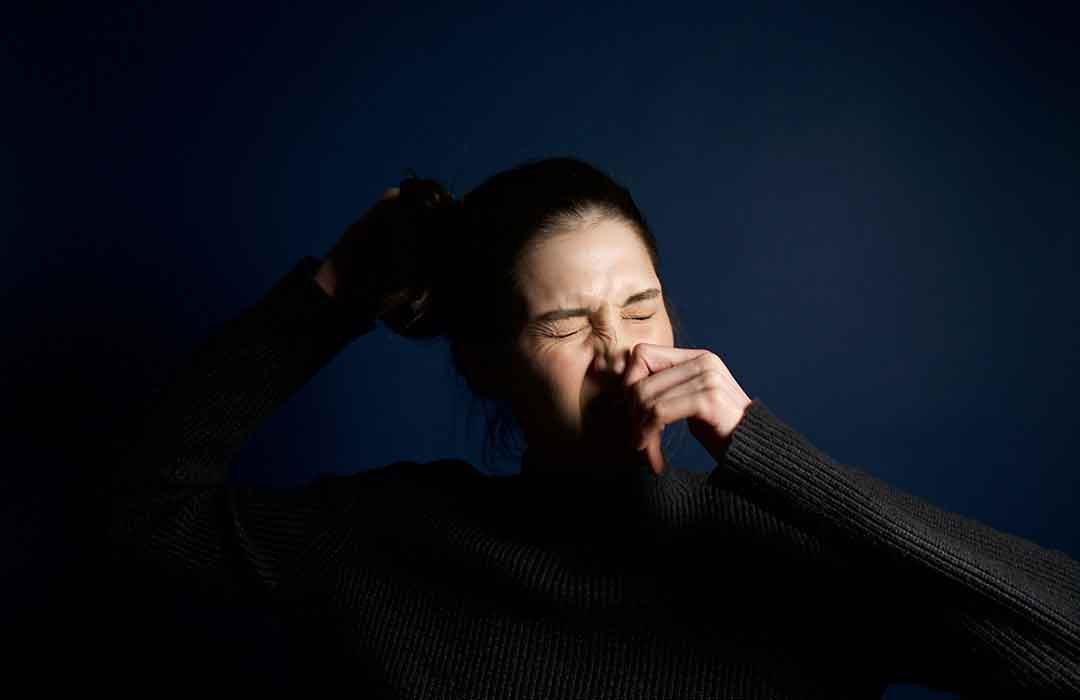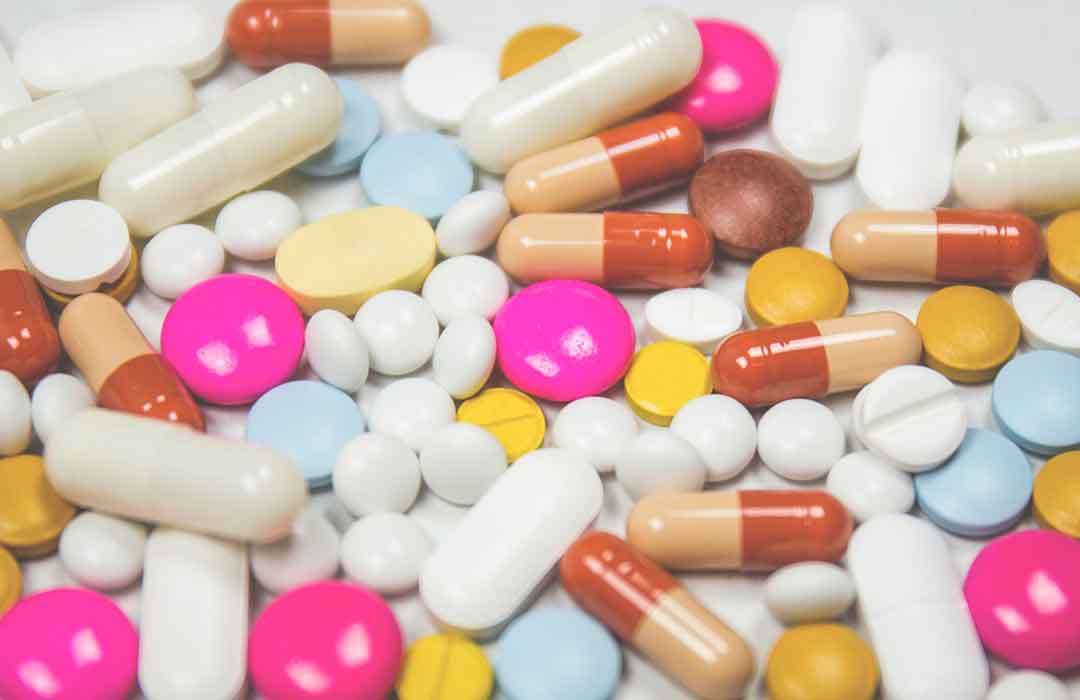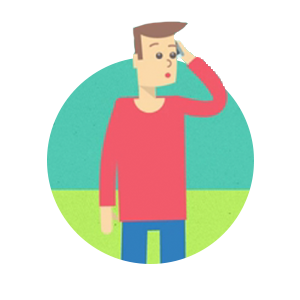Depression Counseling: An Effective Treatment of Depression
What Is Major Depressive Disorder?
According to the National Institute of Mental Health, 264 million people worldwide live with major depression. And 17.3 million of those are US adults.
It affects all ages, genders, races, nationalities, and occupations. It can hit once out of the blue, appear intermittently, or last a lifetime. It can be incredibly debilitating for individuals suffering with the illness, as well as difficult for those around them.
There are few things as frightening as going through a major depressive episode for the first time. Fortunately, feelings of depression will almost always pass. In fact, depression is one of the most treatable mental illnesses we know of and the vast majority of people who experience depression will recover fully.
If, right now, you’re reading this and you feel hopeless, remember: You can learn to manage your depression and other mental health problems with the help of a professional.
What Are the Signs and Symptoms of Depression?
A diagnosis of depression largely depends upon an individual’s self-report of his or her symptoms to a licensed mental health professional. Additionally, there are different types of depression including major depression, minor depression, and postpartum depression.
In order to be diagnosed with major depression (one of the most common forms of depression), the individual must meet the diagnostic criteria outlined in the Diagnostic and Statistical Manual of Mental Disorders, (DSM).
Five or more of the symptoms listed must be present within the same two-week period and the individual must present a noticeable change in daily functioning. The symptoms must also not be clearly caused by another medical condition or substance:
- Depressed mood, most of the day, nearly every day, as indicated by either subjective report (e.g., feelings of sadness, emptiness, hopelessness) or observation from others (e.g., appears tearful). Note: In children and adolescents, this can be an irritable mood.
- Loss of interest or pleasure in all or most activities throughout the day, nearly every day, as indicated by subjective or objective account.
- Significant weight loss or weight gain (e.g., a change of more than 5% of his or her body weight in a month, or a decrease or increase in appetite nearly every day). Note: In children, consider failure to make expected weight gain.
- Insomnia, hypersomnia, or other sleep disturbances nearly every day.
- Psychomotor agitation nearly every day. This is observable by others, not merely subjective feelings of restlessness or being slowed down).
- Fatigue or loss of energy nearly every day.
- Feelings of worthlessness or excessive/inappropriate guilt (which may be delusional) nearly every day.
- Diminished ability to think, concentrate, or make decisions nearly every day as self-reported or observed objectively.
- Recurrent thoughts of death (not just fear of dying), recurrent suicidal ideation about a specific plan, or a suicide attempt or a specific plan for committing suicide. If you are experiencing suicidal thoughts, please call 911 or visit the closest emergency room.
These symptoms can feel frightening. Fortunately, there are mental health services that can help you learn to manage these symptoms and resolve your feelings of depression.
Causes of Major Depressive Disorder
It isn’t always possible to determine the exact cause of one’s depression. The following, however, are a few potential explanations for the development of the disease:
1. It runs in the family.
If your parents or siblings suffer from depression, your risk of developing it is two or three times greater than the average person. And that’s not because your family “brings you down.”
A family history of depression is like a family history of alcoholism or heart disease: It’s a warning to take care of yourself and to avoid physical and emotional triggers.
2. Temperament.
It’s possible that your depression stems from something called negative affectivity (NA), which pertains to how you experience negative emotions and poor self-perception.
Those with high levels of NA appear more likely to develop depressive episodes in response to stressful life events. On the other hand, those with low levels of NA may be generally more content regardless of external stimuli.
3. Environment.
Your environment can also play a part in developing depression. Traumatic events and situations, depending on the individual, have been known to incite major depressive episodes. A childhood trauma, the loss of a loved one, or a troublesome work atmosphere are just a few examples of stressors that may lead to depression.
4. Course Modifiers.
Simply put, a course modifier is something that alters the course of a disease. According to the DSM, “essentially all major non-mood disorders increase the risk of an individual developing depression.”
Anxiety, substance abuse, and borderline personality disorders are potential course modifiers that can lead to major depressive symptoms, as can chronic or debilitating medical issues.
NOTE: It’s possible that your medical doctor might not be able to distinguish between your depression being a symptom of a course modifier or it being a separate condition altogether. And making that determination may not be ultimately significant. In either case, it’s crucial that you tell your doctor about your depressed mood or feelings, even if you think they’re simply the natural result of another issue.
How Does Depression Counseling Help?
As mentioned above, the signs and symptoms of depression can vary from person to person. For this reason, therapy for depression is often designed on an individual basis. If you pursue depression counseling, your therapist will likely want to talk about…
- Your medical history
- Potential causes of your depression
- Your specific depression symptoms
- Your needs and goals for treatment
Once your therapist gathers all of this information, they can create the most effective treatment plan for you. This plan might include weekly sessions with one’s counselor and/or medication.
That said, there are common tools used in depression counseling, as the end goal is to help the individual live a happier, healthier life. For example, cognitive behavioral therapy (CBT), a form of talk therapy that can treat both anxiety and depression. This approach targets an individual’s negative thoughts.
In addition, counselors will help their clients recognize the importance of self-care and assist them in finding/engaging in activities that they enjoy. Here are a few self-care activities that prove to help individuals with depression:
1. Get creative.
Creative activity is very effective in alleviating depression. If there’s a particular creative activity you love like drawing, playing the piano, or cooking, embrace it. Creative work channels your imagination in positive ways and connects you to your deepest self.
2. Listen to music.
We all choose music to suit our mood, but any kind of music can be a mood-changer and even serve as a form of therapy. Music interrupts the rhythm of your thoughts. It tunes your mind and body to its own beat and can help you halt negative thinking.
3. Meditate.
Meditation works by teaching the mind to focus on something neutral, like one’s breathing, and to become aware of and then let go of thoughts. Techniques rooted in mindfulness can help you reduce negative thinking and enhance your problem-solving skills. Meditation may also work on a more profound level, relaxing or centering you. It’s something you can do anywhere, and it demands very little time.
4. Practice gratitude.
Making a list of what you are grateful for is another beneficial self-care practice. A lot of good things in life get taken for granted because our brains evolved in such a way that the novel and the dangerous always make the biggest splash. That’s fine if you’re traveling, you’ve just arrived at college, or you’re navigating a jungle full of predators.
But for most of us, the familiar day-to-day aspects of our life are just as, or more important, than the new and scary. The more primitive part of your brain doesn’t know that, though, so you have to remind it.
5. Take care of your physical needs.
There’s a very strong connection between the mind and the body. When you exercise, you relieve stress, improve your metabolism, boost your immune system, and burn fat. But you also release mood-boosting endorphins, which can help you cultivate a more positive outlook on life.
The rules are simple, yet not always followed: Eat well (nutritiously and appropriate to your body’s type and needs), sleep well, and exercise regularly.
6. Take care of something or someone.
Do you think you would like to add a dog, cat, or hamster to your family? If you’re not sure, visit the nearest shelter and hold some of the cats, pet some of the dogs.
Many depressed individuals have found that the small amount of care an animal requires is just within what they can do and it has some extraordinary mental health benefits.
7. Socialize.
Socializing right now might feel scary or intimidating. But it’s important to do what you can. Try calling a friend or walking to the grocery store (and remember to smile at the cashier). If your depression is milder, or if you are recovering and don’t want to relapse, scheduling lunches and dinners with friends is a great place to start.
Is There Depression Counseling Near Me?
Are you struggling with depression? Take control of your life again by working with a mental health professional at Thriveworks. Our providers are the best of the best. They have the skills and experience that can prove to help you in therapy for depression.
Thriveworks has 1,000+ mental health professionals at 150+ locations. If you’re looking for a depression counselor near you, find a local Thriveworks office. If you’d prefer to talk to a counselor over video chat or phone call, you can schedule an online counseling appointment with Thriveworks instead!

















